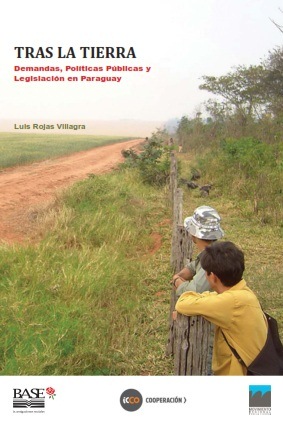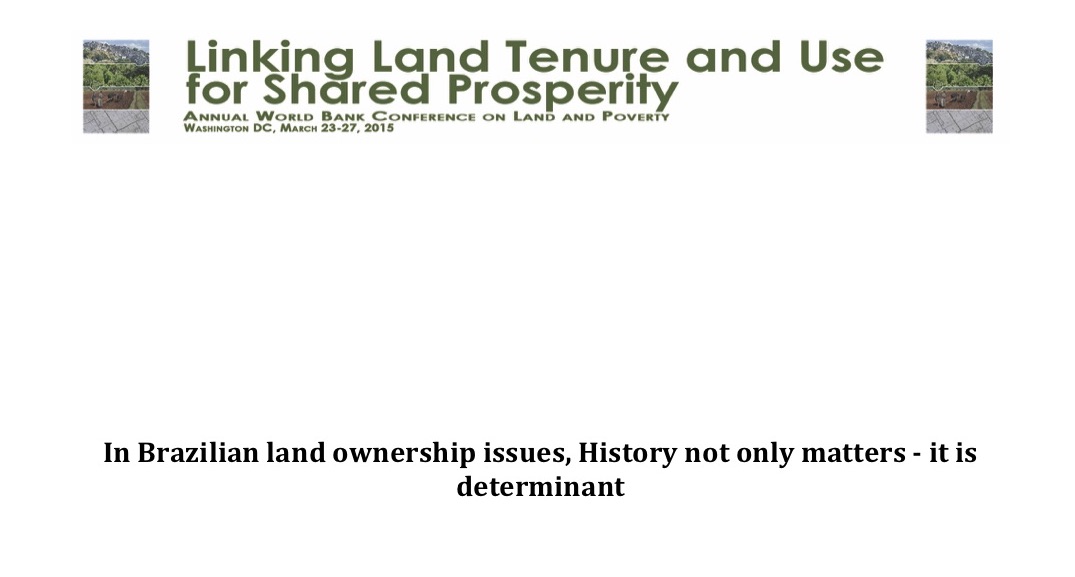TRAS LA TIERRA: Demandas, Políticas Públicas y Legislación en Paraguay
La publicación aborda tres aspectos centrales de la problemática actual de la tierra en Paraguay: una aproximación a la demanda existente de tierras por parte de la población campesina e indígena, las políticas públicas relacionadas al acceso a la tierra, y finalmente, aspectos fundamentales de la legislación vigente en esta materia.




